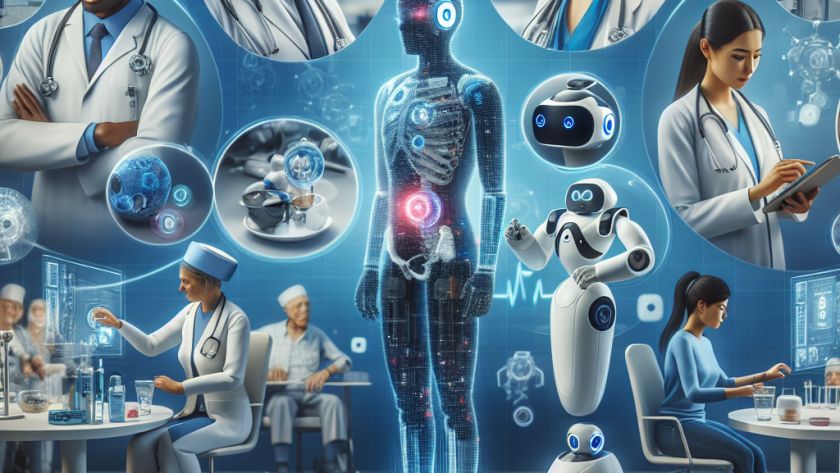


Advancements in artificial intelligence (AI) have transformed the approach to aortic aneurysms (AA) care, positively impacting patient outcomes. AI has been implemented at Yale's New-Haven Health for providing improved care to abdominal aortic aneurysm (AAA) patients.
The use of AI in AAA patient care provides a myriad of benefits including early and accurate flagging of enlarged…

Artificial Intelligence (AI) is revolutionizing the care provided to stroke patients by enhancing triage and reducing treatment times through efficient clinical workflows. In fact, there has been a marked increase in the number of new clinical AI vendors entering the healthcare market. However, among the several AI solutions available, Aidoc sets itself apart in providing…

A patient vividly demonstrates how artificial intelligence (AI) can potentially enhance patient care in complex health systems by catching missed care opportunities. After entering the Emergency Department (ED) with acute abdominal pain, they are quickly diagnosed via a CT scan with diverticulitis involving a perforation, swiftly treated and sent home pain-free. However, buried in the…

Artificial Intelligence (AI) has incredible potential to transform healthcare; however, this requires a strategic approach in terms of adoption and implementation. The concept of an AI platform provides a scalable solution, with the potential for long-term implications for the field. Such a platform allows for collaboration across various health system stakeholders, with AI impacting the…

With a multitude of options available, beginning the journey with AI Healthcare Companies can be daunting. These companies promise unique benefits and workflow enhancements by utilizing AI. They cater to various sub-specialties, like surgical robotics, fintech and insurance, diagnostics, cybersecurity, text analysis, and conversational AI/bots.
AI holds the promise of improving and quickening clinical workflows,…

Artificial intelligence (AI) in healthcare has evolved beyond merely automating call centers and scheduling reminders. It has begun to revolutionize clinical workflows, significantly improving patient outcomes in real-time environments. This write-up explores ten real-life examples of AI's profound impact across several healthcare settings and service lines.
The first example provides insights into how AI can analyze…





Emergency departments are commonly described as busy and stressful environments, confronting health professionals with an unending stream of patients to be treated within tight time frames. Staff members are tasked with providing high quality care to an increasingly aging and sicker population, placing them under significant demand and pressure.
Effective communication lies at the heart…
